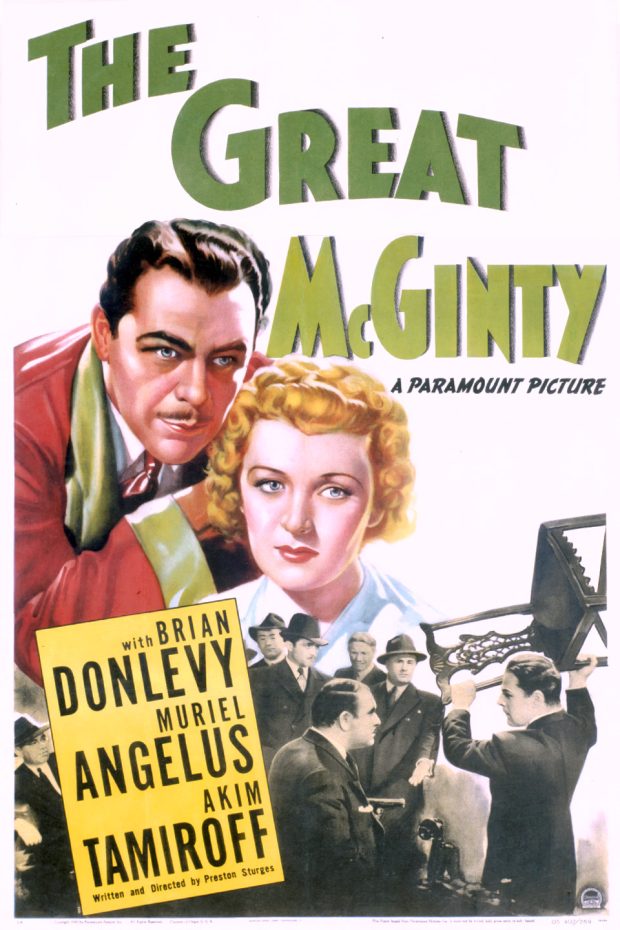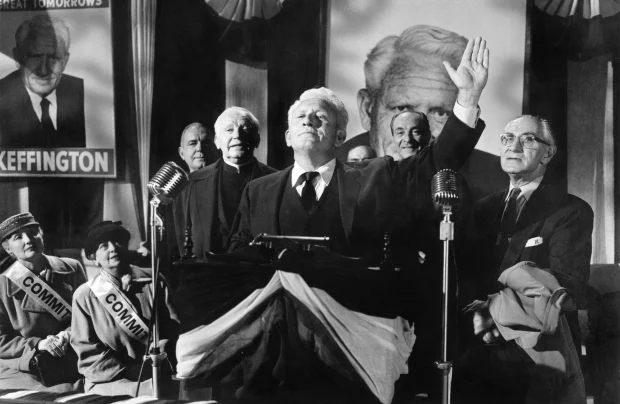An urban political machine is a party organization led by a powerful “boss” or a small group that commands enough votes to maintain political control of a city, county, or state. During their peak in the Gilded Age (1870s–1900s), machines exploited rapid urbanization and large immigrant populations by providing essential services in exchange for political loyalty and votes. Though the classic version has declined, some aspects have persisted in modern forms.
Characteristics
Centralized authority: A single, influential “boss” or a small group of leaders exercises tight, hierarchical control over the party’s activities and government appointments.
Patronage and clientelism: The machine rewards loyal supporters, known as “party faithful,” with government jobs, lucrative contracts, and personal favors. This “spoils system” ensures a network of support dependent on the machine’s continued success.
Voter mobilization: Machines were highly effective at mobilizing large numbers of voters, especially immigrant and working-class communities, through grassroots efforts and community ties.
Social services: In the absence of a comprehensive social safety net, machines filled a crucial role by providing aid, housing, and jobs to new immigrants and the poor.
Corruption: Practices such as bribery, graft, and election fraud were common to maintain power. “Honest graft,” a term coined by Tammany Hall’s George Washington Plunkitt, referred to using inside information for personal financial gain, which the machines viewed differently from criminal activity.
Preston Sturges was one of the most brilliant (and unfortunately today largely unknown) screenwriter/directors. He was the master of the screwball comedy and his hilarious convoluted plots had an uncommon realism and a “speaking truth to power” tone that made them stand out from the usual banal Hollywood fare of his time.

His masterpiece in this regard was The Great McGinty. I used to show it each year to my high school Political Parties students for it perfectly captures the intricate workings and corruption of the urban political machine. Cinephile Murray Rothbard probably loved this 1940 film, as his editor of The Progressive Era, Patrick Newman details in this recent Mises University splendid presentation, “The Progressive Era and Crony Political and Local Reform,” and article “Why Progressives Wanted Less Democracy and Lower Voter Turnout.”
Other Preston Sturges’ cinematic treasures you should not miss include Sullivan’s Travels (1941); The Lady Eve (1941); The Palm Beach Story (1942); and Hail the Conquering Hero (1944). An open secret to Sturges’ success was his remarkable ensemble cast he used repeatedly in his films.
ADDENDUM: One of Murray Rothbard’s close friends and colleagues, the economist/historian Walter E. Grinder related the following to me concerning The Great McGinty —
“Great movie and super-star director! You were right, Murray Rothbard and I were great Preston Sturges fans. We often visited one of several theaters in NYC that showed nothing but old movies. They occasionally showed Sturges films: and, when we saw that Sturges and Co were in town, one or another of us would quickly remind the other that we should go to one of the late-night showings. Also, we never missed a W.C. Fields movie.”
Related is this other outstanding film I also showed my Political Parties classes when I taught high school –The Last Hurrah
(A poignant cinematic examination of how urban machine politics were affected by early television; Directed by the legendary John Ford, starring Spencer Tracy with an outstanding ensemble cast)

12:45 am on September 29, 2025



